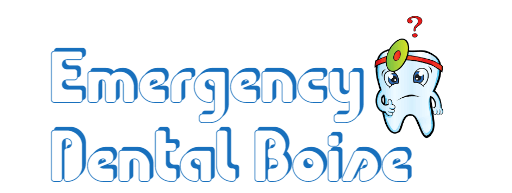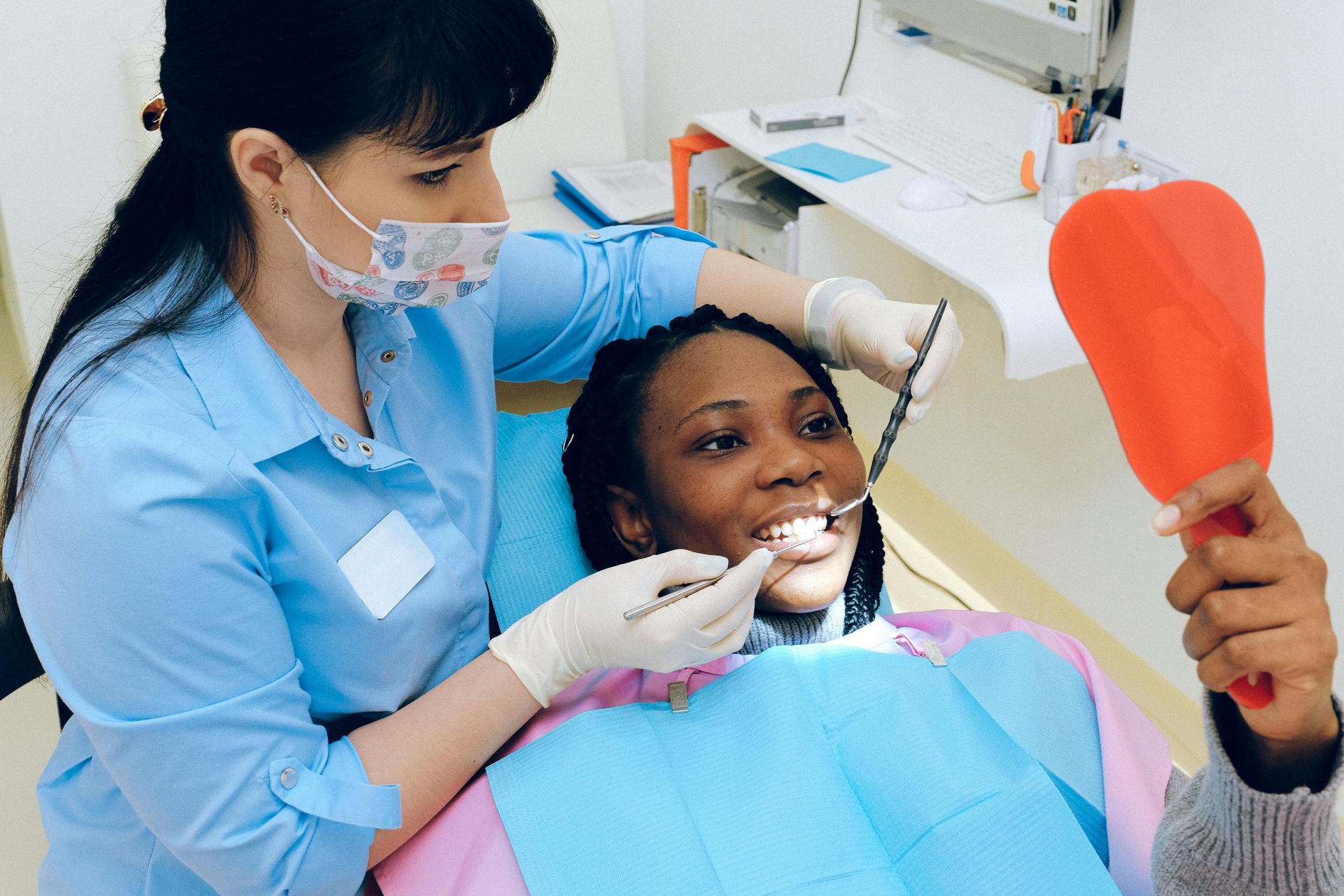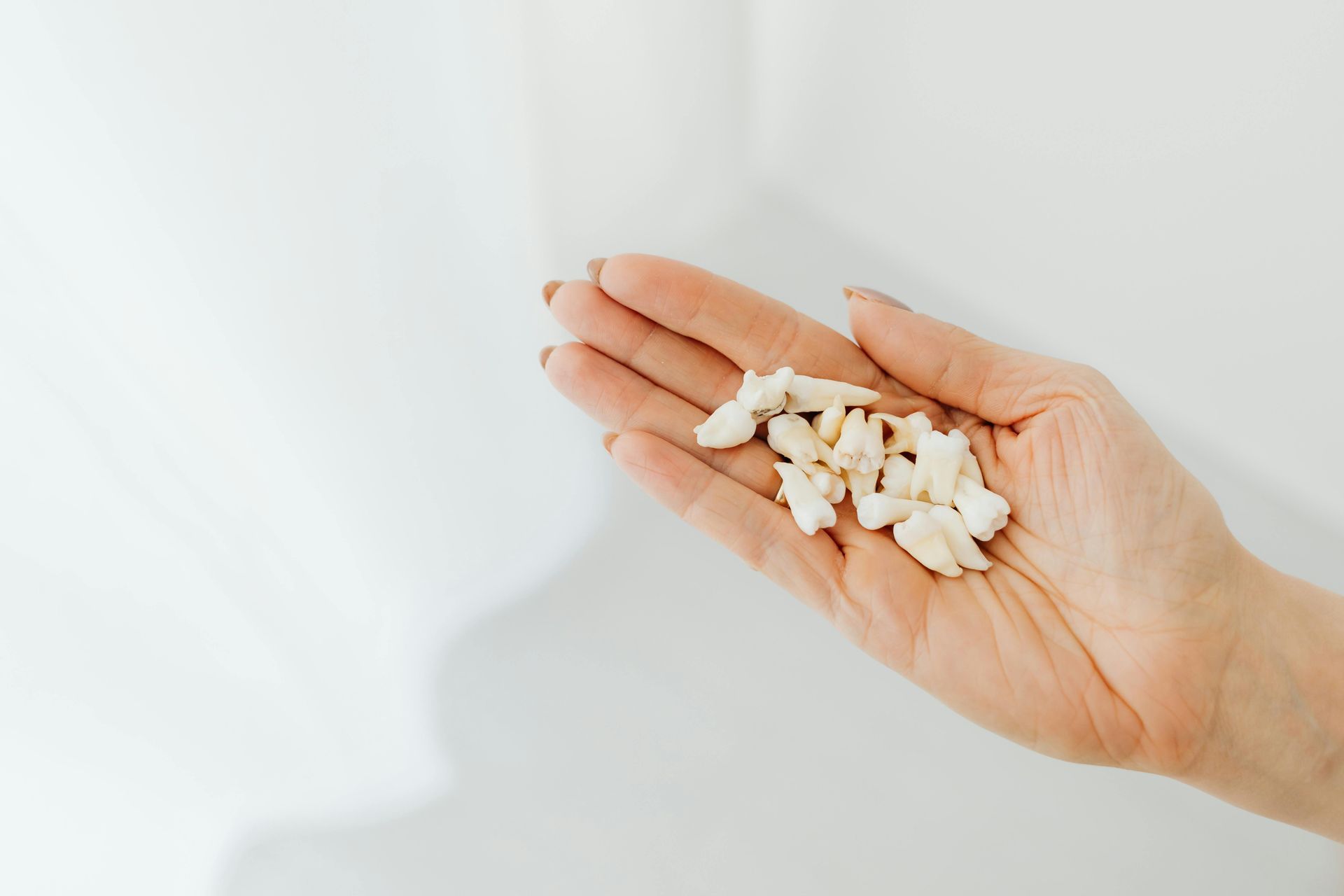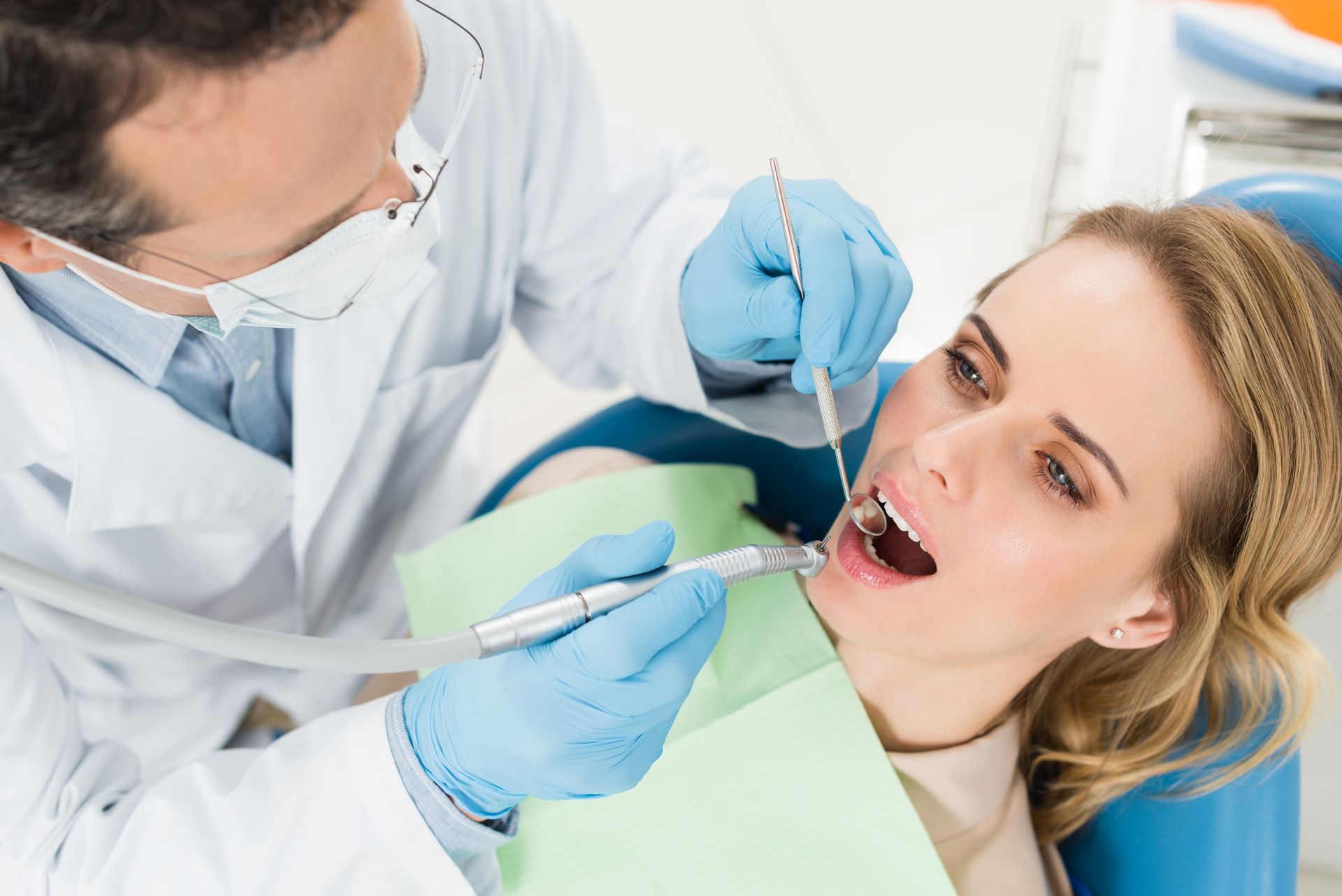Top Tips After Tooth Extraction - Emergency Dental Boise
Emergency Dental Of Boise's Top Tips After A Tooth Extraction
There are a few important tips after tooth extraction.
- Keep extraction site clean. After the extraction, keep the gauze in place to prevent bleeding. This will also help the blood clot. Try not to bite or chew on anything for several hours. Also, avoid jumping into normal activities. This will encourage blood to rush and may dislodge a blood clot. It's important to get plenty of rest and limit activity for at least 24 hours. While chewing on gauze, try not to spit forcefully because this can loosen the clot.
- Take all the medicine prescribed. Avoid brushing adjacent teeth and spitting heavily for 24 hours after the procedure. Using a mouthwash with 0.12% chlorhexidine, a prescription antibacterial solution will help remove the stitches. Your dentist will prescribe a mouthwash that is appropriate for your particular situation. The following tips can help you get back to your normal routine as quickly as possible. Brushing with a salt solution is a good idea, but be sure to
consult with your dentist before trying this.
- Rinse them properly. Rinse your mouth with a solution of half a teaspoon of salt and eight ounces of warm water to minimize swelling and minimize the risk of infection. Using medicated mouthwash can help as well, as it will help kill bacteria and prevent infection. Be sure to keep the extraction site clean and dry.
- Avoid adrenaline rush activities. Immediately after the tooth extraction, rest is important. Do not engage in strenuous activities. You should also avoid eating solid foods immediately after the extraction. Instead, stick to soft foods for the first 24 hours. After 24 hours, you can gradually return to a normal diet. However, avoid hot or spicy foods. The temperature of your mouth will fluctuate. So, be sure to avoid extreme temperatures while your mouth is healing.
Sedation Options For Tooth Extraction
There are several sedation options available for tooth extraction, including:
- Local anesthesia: This type of sedation is the most common and involves the use of a local anesthetic to numb the extraction site. The dentist will inject the anesthetic into the gums near the tooth to be extracted. This will numb the area, making the procedure painless. However, the patient will remain awake and aware throughout the procedure.
- Nitrous oxide: Also known as "laughing gas," nitrous oxide is a colorless and odorless gas that can help reduce anxiety and promote relaxation during the procedure. The gas is administered through a mask placed over the nose, and it takes effect quickly. Patients will remain awake and aware during the procedure, but will feel more relaxed and less anxious.
- Oral sedation: This type of sedation involves taking an oral medication such as Valium or Halcion before the procedure to help promote relaxation and reduce anxiety. The medication will be prescribed by the dentist and taken before the appointment. Patients will remain awake but may feel groggy or drowsy.
- IV sedation: This type of sedation involves the use of an intravenous medication to help promote relaxation and reduce anxiety. The medication is administered through a vein in the arm, and patients will be in a deeply relaxed state. Patients will still be able to respond to verbal commands but may not remember the procedure afterward.
It's important to discuss the sedation options with your dentist to determine which option is best for you based on your medical history, anxiety level, and other factors. Your dentist will also provide instructions on how to prepare for the sedation, such as fasting before the procedure.
What To Do After Your Tooth Extraction
During the first 24 hours after the extraction, a clot will form in your mouth. This will help your gum heal properly and reduce the risk of any infection or wound formation. Avoid brushing the area around the site as it is still sensitive. Brushing your teeth after the procedure should be done with a soft toothbrush and not near where the tooth was removed. Using a mouthwash with an antiseptic solution and using warm salt water is also recommended.
Do's After Extraction:
- Follow the instructions given by your dentist: Your dentist will provide you with specific instructions on how to care for the extraction site. It's essential to follow these instructions carefully to prevent complications such as infection, bleeding, and dry socket.
- Bite down on the gauze pad: After the extraction, your dentist will place a gauze pad over the extraction site. Bite down gently on the gauze pad for about 45 minutes to reduce bleeding and help form a blood clot. If bleeding persists, replace the gauze pad with a new one.
- Apply ice packs: Applying ice packs to your cheek for 20 minutes at a time can help reduce swelling and pain. Make sure to wait at least 24 hours after the extraction before applying ice packs.
- Eat soft foods: After the extraction, avoid eating solid foods for the first few days. Instead, stick to soft foods such as soup, mashed potatoes, and smoothies. Also, avoid using a straw as the suction can dislodge the blood clot.
- Keep your mouth clean: Brush your teeth gently, but avoid the extraction site for the first 24 hours. After that, gently rinse your mouth with warm saltwater several times a day to keep the area clean.
Don'ts After Extraction:
- Avoid smoking: Smoking can delay healing and increase the risk of infection. It's best to avoid smoking for at least 72 hours after the extraction.
- Don't rinse your mouth vigorously: Avoid rinsing your mouth vigorously for the first 24 hours after the extraction. This can dislodge the blood clot and delay healing.
- Don't drink alcohol: Drinking alcohol can delay healing and increase the risk of bleeding. It's best to avoid alcohol for at least 24 hours after the extraction.
- Avoid hot foods and drinks: Hot foods and drinks can increase blood flow to the extraction site and cause bleeding. Stick to cool or room temperature foods and drinks for the first few days.
- Don't participate in strenuous activities: Avoid strenuous activities such as exercise for at least 24 hours after the extraction. This can increase blood pressure and cause bleeding.
Following the instructions of your dentist, it is advisable to eat plenty of healthy foods as this will speed up the healing process and ensure you have a smooth recovery. Try to stick to bland and non-spicy foods while the gums are healing. This will help your mouth heal properly and will reduce the pain. If you have a blender, you can blend foods and drink smoothies. After the extraction, you should avoid smoking, sneezing, and other activities that might aggravate your mouth and the area that was removed. If you want to learn more, you can check out our blog at what is emergency dentist in Boise.
Tooth Extraction Cost & How To Pay
The cost of pulling a tooth depends a lot on whether or not the tooth is impacted. Simple tooth removal usually costs between $75 and $200 per tooth, but it could be more if you need a different kind of anesthesia. The price of removing impacted teeth is much higher and can range from $800 to $4,000.
We accept all dental insurance companies plans, along with Idaho Medicaid. We offer affordable financing options or pay plans. Our job is to get you feeling better not leave you with large dental bills. Read all of our amazing reviews online and call today for an appointment.




